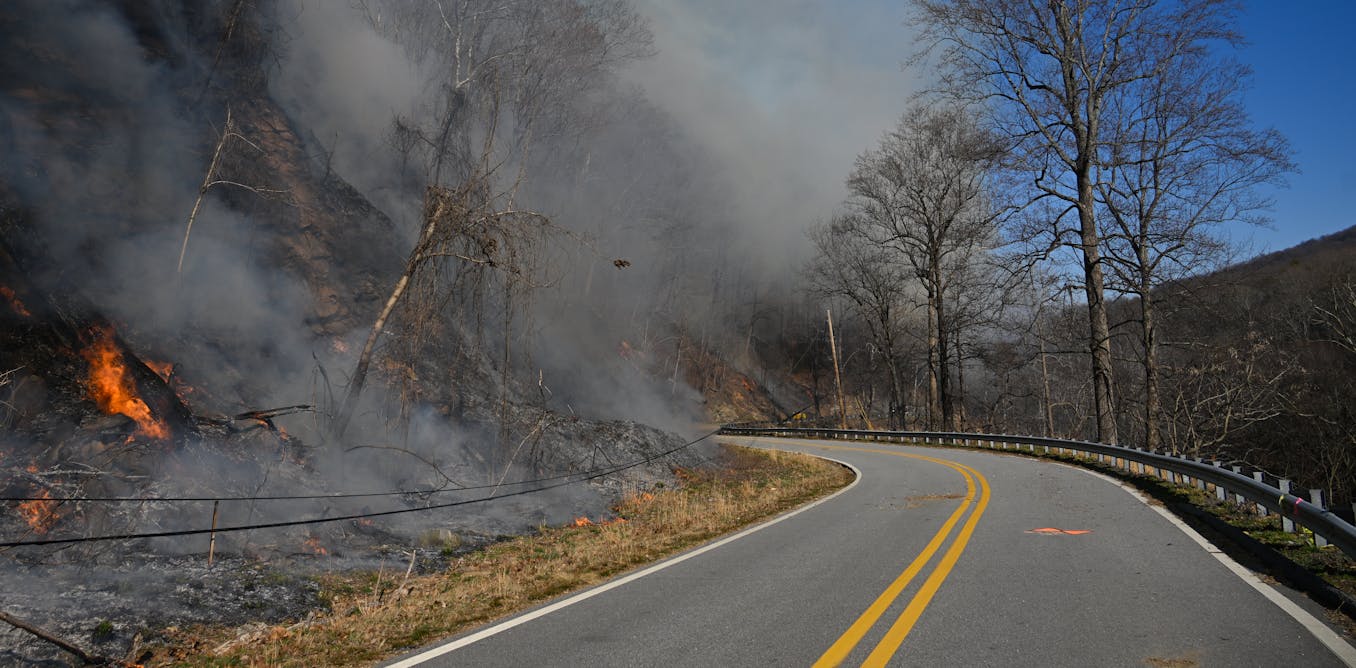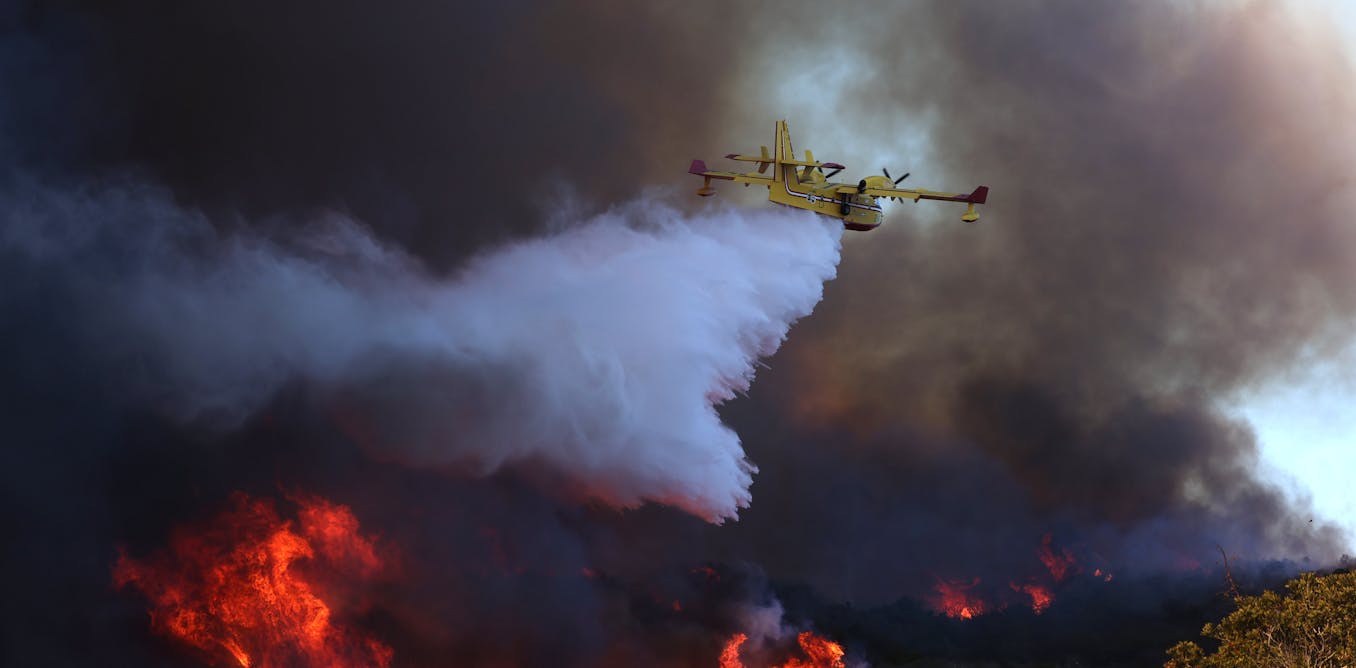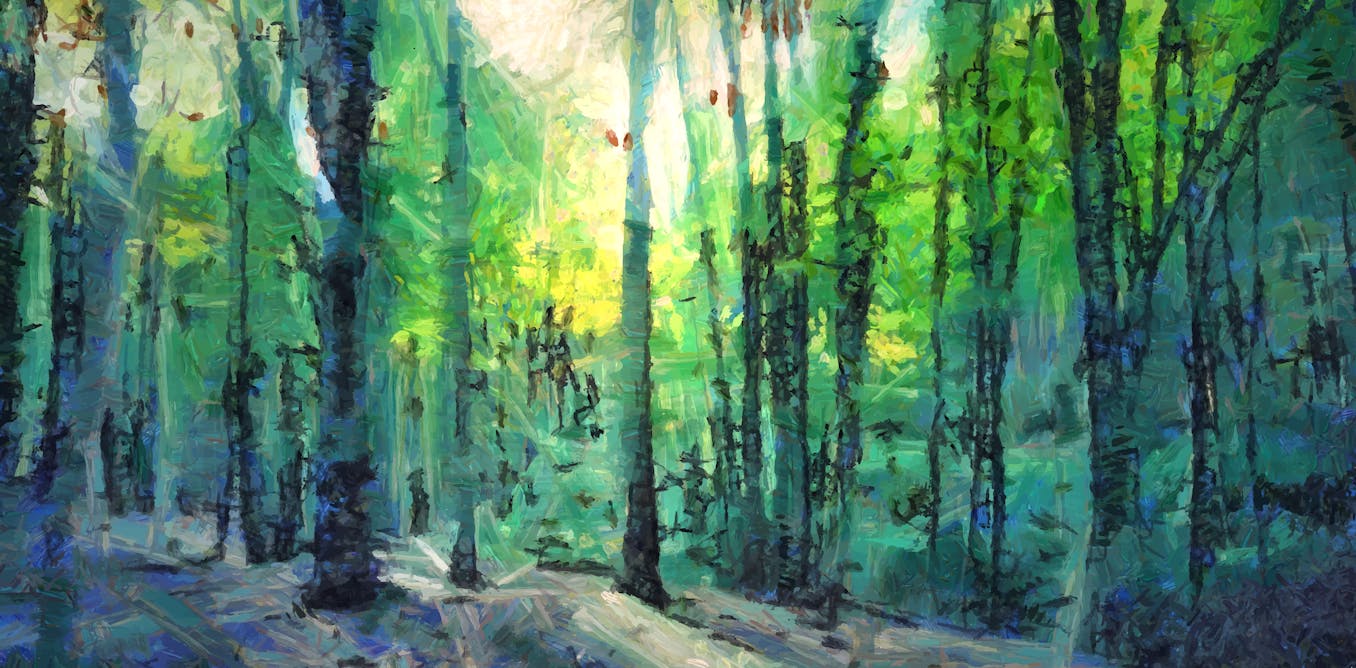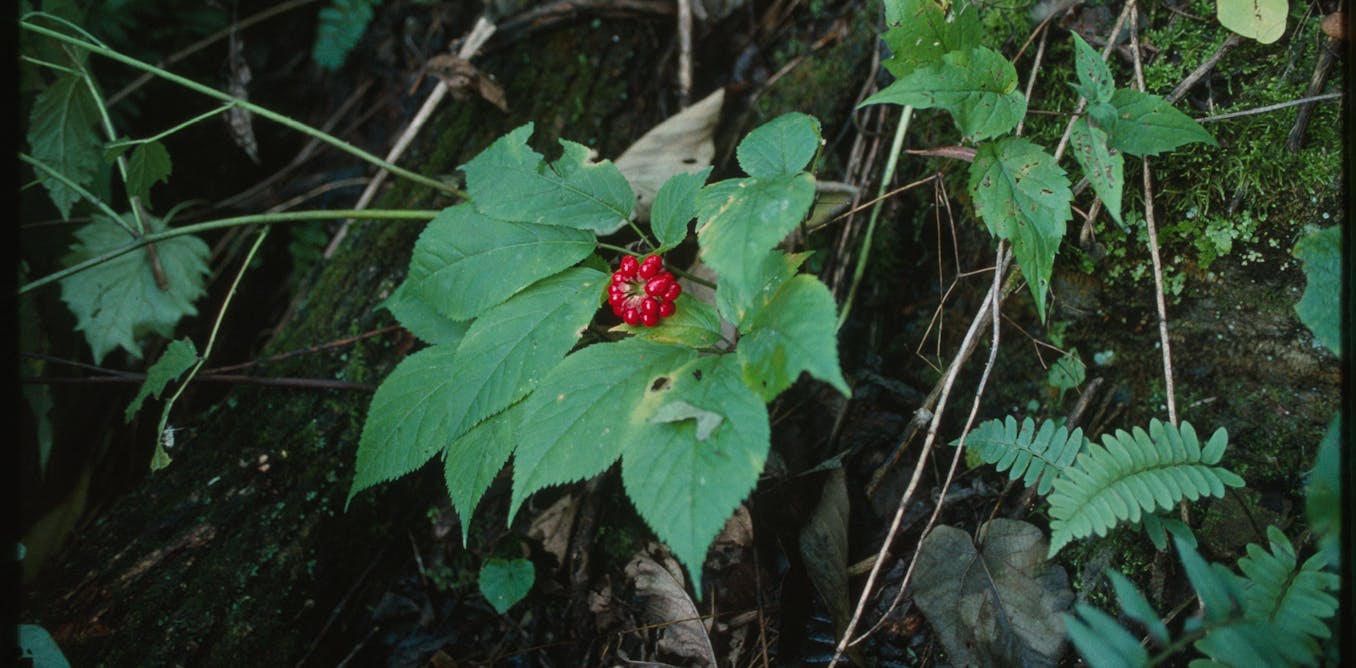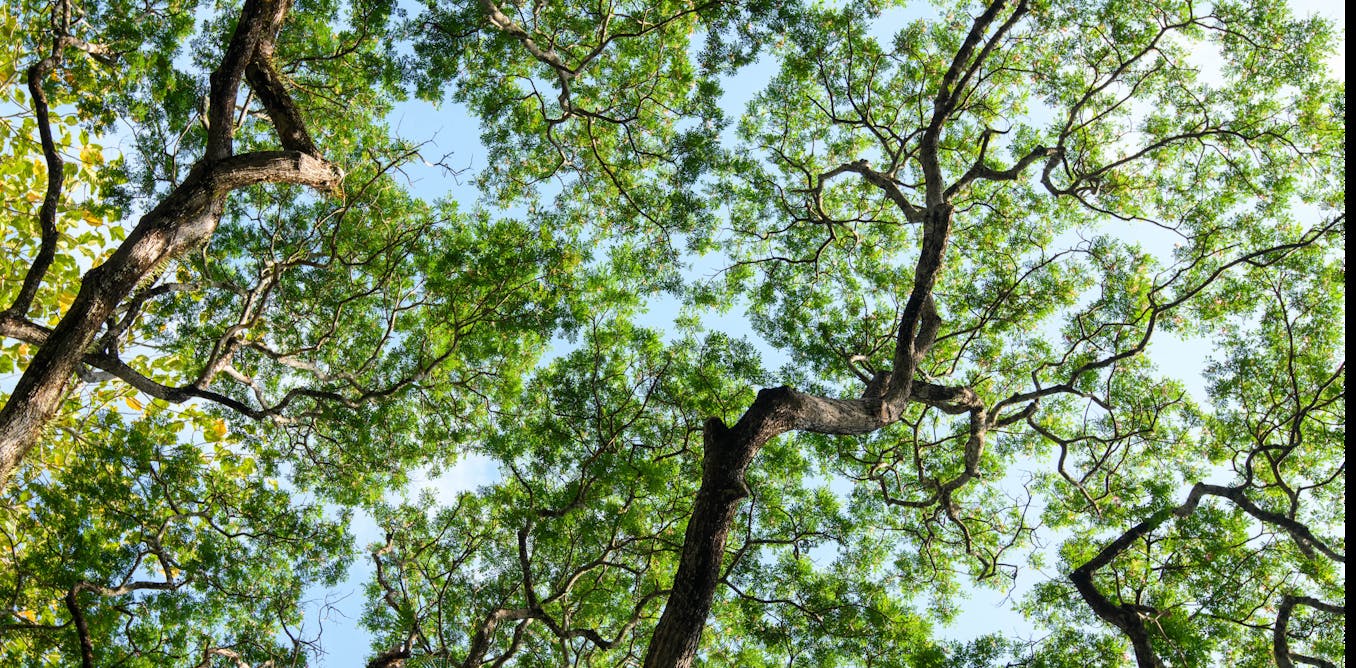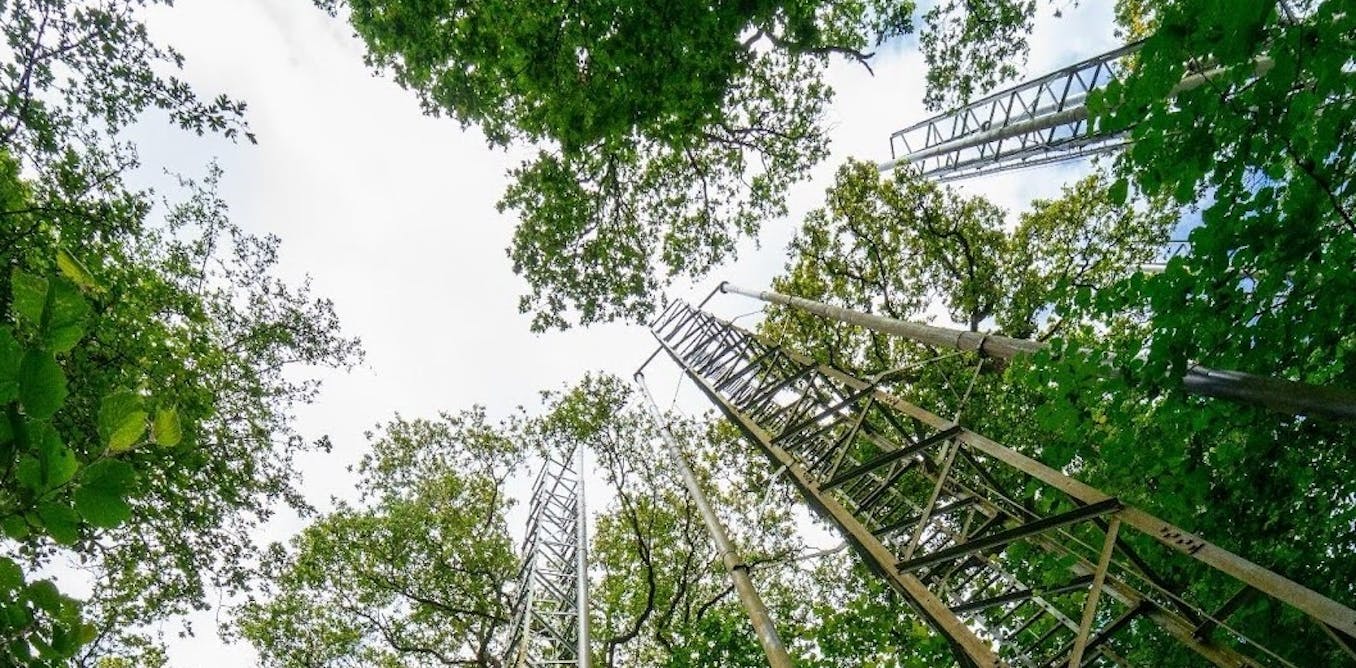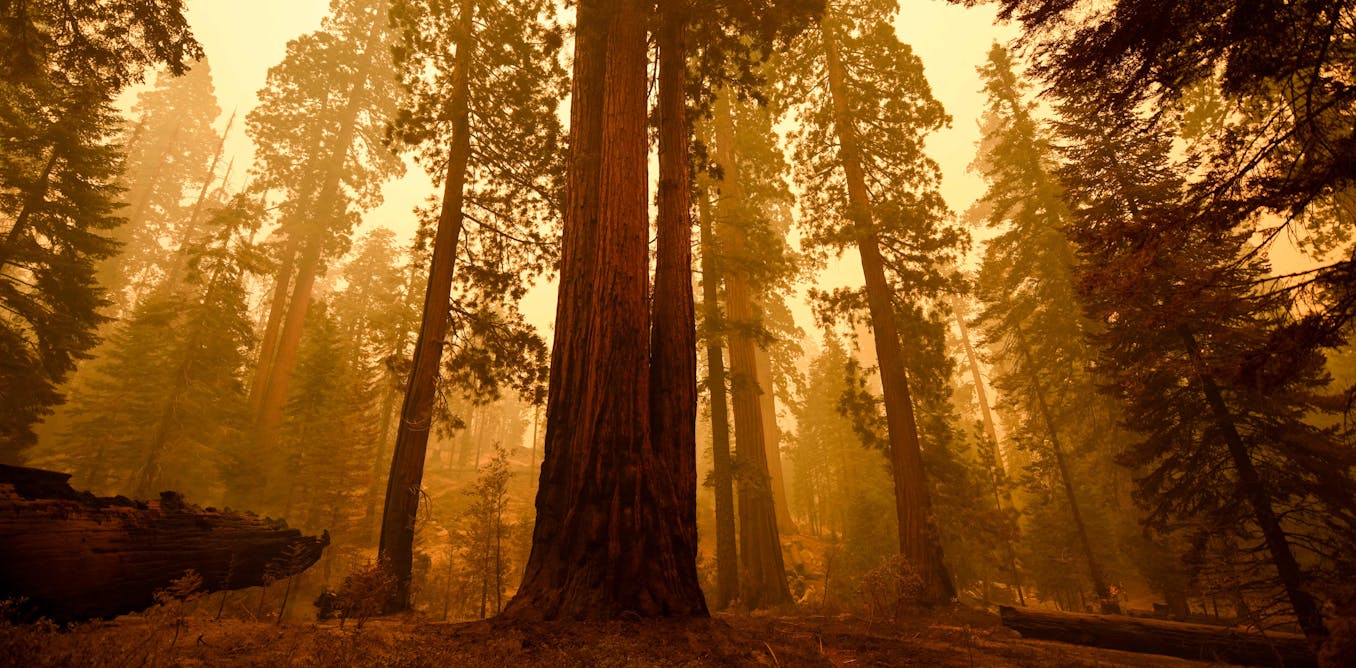Carolina wildfires followed months of weather whiplash, from drought to hurricane-fueled floods and back to drought
Fires are a natural part of the landscape and essential for many species. But scores of fires at once were more than anyone bargained for.
March 5, 2025 • ~6 min

